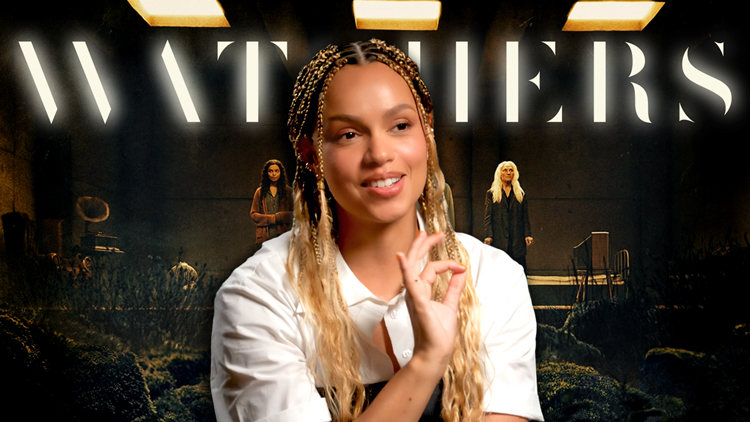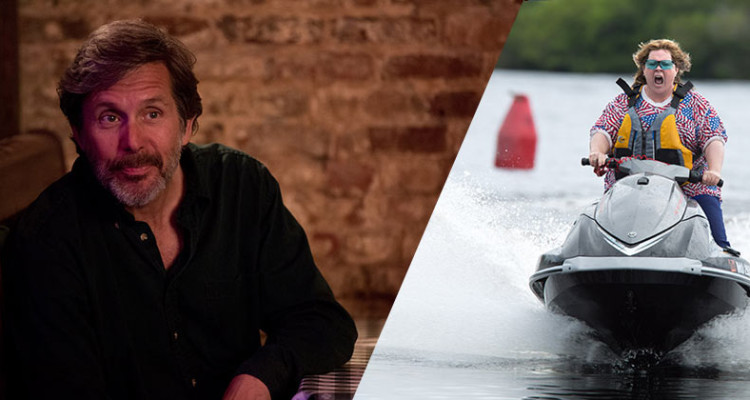By Jorge Carreon.
You may be surprised to know that actor Gary Cole’s early career was no laughing matter. Television junkies will never forget his chilling turn as Capt. Jeffrey MacDonald, MD in the adaptation of Joe McGinniss’ controversial book “Fatal Vision.” Or how about his starring role on “Midnight Caller, the crime drama where he played a former San Francisco police detective turned radio talk show host? No, it wasn’t the darker side of “Frasier” And don’t forget Sam Raimi’s criminally underappreciated “American Gothic” series. Then, Cole sported a perm to become Mike Brady in cult film hit, “The Brady Bunch Movie,” and he became the go-to guy for adding that something extra to comedies like “Office Space and “Dodgeball.” And who will ever forget his now iconic role as fallen paterfamilias Reese Bobby in “Talladega Nights: The Legend of Ricky Bobby?”
So how do you get to be the guy with all the quotable lines? Easy. You make sure the role is someone audiences will want to establish that special connection with because they know him.
In the new Melissa McCarthy-starrer “Tammy,” Cole shines anew as the roadhouse hunk who lights Susan Sarandon’s boozy tramp of a granny’s fuse for a goodtime in the back seat of a Cadillac. Consider that for a moment as you set off fireworks of your own this July 4th weekend.
It’s fascinating to witness what Cole does for an audience’s expectations. At a screening of “Tammy” prior to the cast’s day of interviews, you could practically hear the grins spread across people’s faces the minute he turns on the charm for Sarandon. So, what is it about the funny that keeps Cole himself wanting to go back for more? Here’s your chance to find out why – and bask in the Cole light of the day — in this exclusive interview for Desde Hollywood.
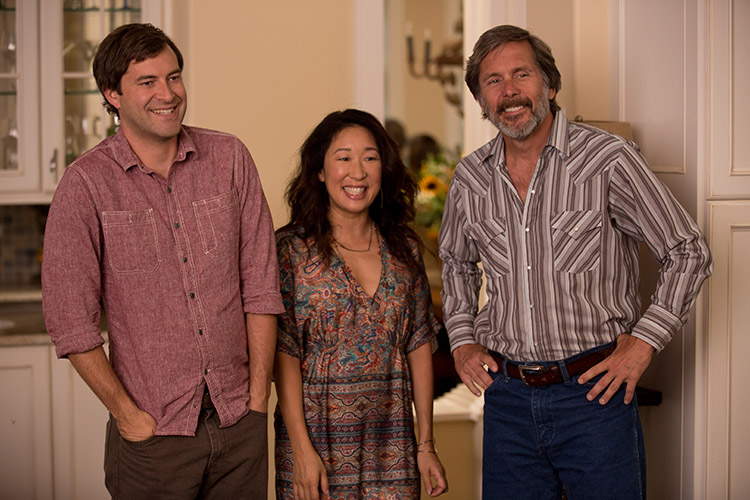
JORGE CARREON: I’ll admit it. I’m a member of the Gary Cole Comedy Fan Club. Although, at times I still see you in “Fatal Vision.”
GARY COLE: A truly comic role. [Laughs]
CARREON: You’ve been that special sauce in some of our favorite modern comedies, like “Talladega Nights,” “Office Space” and now “Tammy.” What is it about the genre that inspires you?
COLE: It’s all just material to me. But when comedy works, there’s nothing like it. It has to work, because if it doesn’t, then it’s really deadly. In a drama, you can kind of get away with that. That doesn’t work in comedy. If it’s not working, you viscerally can tell. So when it does, you’ve really accomplished something with the audience. You’ve made a real connection. That laughter on people’s faces staying there for two hours, that’s tangible. That’s what Melissa’s doing. When I went to see “The Heat” or watch her host “Saturday Night Live” the last couple of times, I’m physically having a reaction to it; that she’s causing. I can’t control myself because she’s so funny.
CARREON: But you know these men. Whether it’s Ricky Bobby’s dad or color commentator Cotton McKnight in “Dodgeball,” you’re just that person.
COLE: Those are great characters. One of the reasons why I got in to “Talladega Nights” was they had a table read of the script months before for the studio. They took care in casting it. A lot of people that they cast in it wound up in the movie. I knew that guy. There’s so many archetypes of that guy in other forms of stories and entertainment, that kind of drifter, old time bootlegger, wayback redneck. Always leaning away from the sentimental and they just kept pushing it and pushing it. One of my favorite things they came up, which came out of the rehearsal, was the whole ticket thing. They were thinking about that and (director) Adam McKay said, “Yeah, we should have a scene where, I don’t know…should Reese Bobby come and get the tickets? And I said, “No, no, no. He wouldn’t come and get the tickets. He’d just come through a hole in the fence.” Then Adam topped it and he said, “He gets the tickets and, of course, he sells them.” But those were really vivid on the page. Once you get it going and you’re working with all those people, something really tends to work.
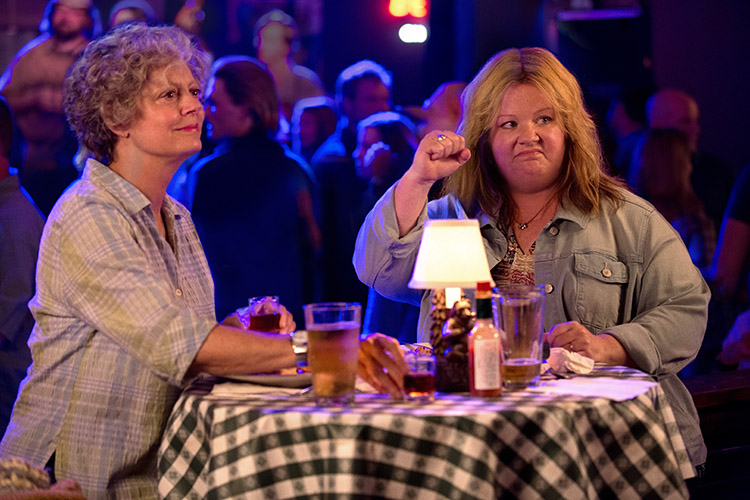
CARREON: When you slyly turn to face that camera in that roadhouse scene in “Tammy,” you know he’s going to get some that night. Even if she sports the scariest cankles on film, you and Susan Sarandon rocked the hell out of the backseat that Cadillac. Did you ever get performance anxiety with your scenes with her?
COLE: It comes with the dinner. And I’ve been around long enough. I’ve done my share of, whatever you call them, “love scenes.” So you know the main thing is a sense of humor. But it is funny and ironic. I did meet Susan before that scene. But literally it was in a make-up trailer and it was like, “Hi. I’ll be in the back seat with you.” Two nights later that’s was what did. I think we danced first inside the bar and then we wound up doing the scene. We were laughing the whole time. Once you do that, once you have a laugh, then you can just have fun. And that scene? It was certainly more gymnastics comically then any kind of intimacy. She’s been doing this a very long time and has the quality and ability to be available to the other actors that you’re working with almost instantly.
CARREON: Melissa McCarthy knows her away around the awkward in comedy today. But this is not your standard studio picture. It is left of center and that’s a gratifying thing.
COLE: I don’t know. That may be what you walk away with, and that’s great. I don’t know if it’s intentional. I think it’s more interesting to see people that have rough edges to them.
CARREON: But these characters all feel so credible.
COLE: Sure! Anytime you can get an identification from the audience, where they go, “I know that guy. That’s my Uncle Whatever!” That’s going to benefit you somehow in the story. People are instantly in. It really comes down to that on any kind of theater piece or film. If you got ‘em, then you can proceed. If you don’t take the leap, you don’t take the leap.
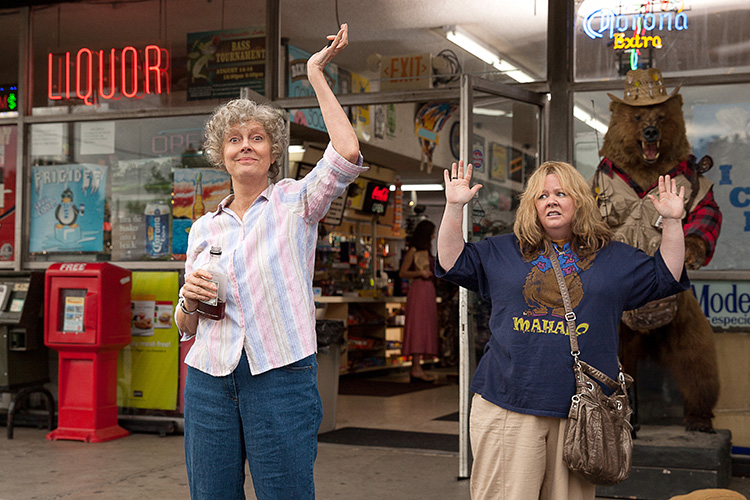
CARREON: Taking a cue from Tammy’s own journey to self-awareness. When did you declare your independence? When did you realize who you really truly meant to be?
COLE: I think that’s a process. I don’t think that’s a moment necessarily. For some people it is. I think for a lot of people, when you have a child that pretty much changes you’re equilibrium. Period. Forever. That defines you. It instantly creates priorities that you never had before and puts in the background things that you thought were the end all, be all. Not that they’re not important. But it shifts your focus. So for me, that’s what it would be. When I became a parent, I thought, “This is the purpose.”
CARREON: You’ve played plenty of men of purpose in the last few years. Who remains your bromance?
COLE: Hmmm. [Pause] Well, I haven’t really played a lot of noble people. So I can’t really go that way. I guess I have to go with something that works completely, where the experience was fulfilling, “Talladega Nights.” I did that as well as I could have done anything. It was a good combination. I was working with the best there was, in terms of a director and actor and writer. It was a character that I thoroughly understood inside of a movie that he was perfectly placed in. Even while I was doing that I could feel that. And what it caused was a kind of relaxation while I was working that I wish I could always have. Because that’s really the key. Just that little part of you is waiting for the word “Action!” And the rest of it is you inhabiting something. All of those circumstances were as right as they’ve ever been for me. Somebody could watch that and say, “Bullshit!” I’m just talking about what the experience of playing a character in front of the camera and all the things that go with that. I felt that I did absolutely no work at all. And that’s good. I wasn’t forcing anything. I wasn’t trying anything. It was just, “Let’s go. Action!”
“Tammy” is now playing nationwide.




